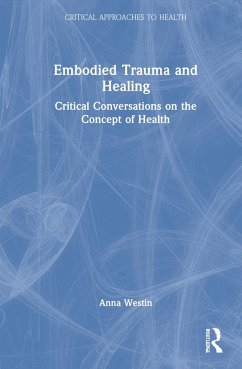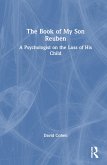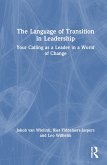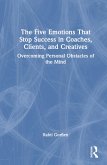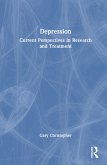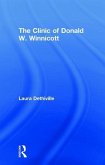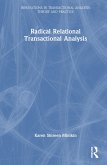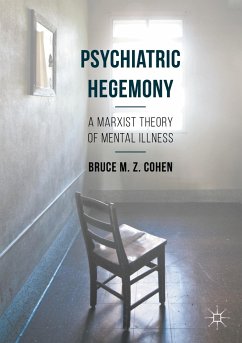Hinweis: Dieser Artikel kann nur an eine deutsche Lieferadresse ausgeliefert werden.
'Anna Westin provides us with a cogent and compelling phenomenology of traumatic subjectivity. Her interdisciplinary study of concrete lived experiences of trauma illuminates the roots of suffering and reveals key ways to healing and belonging'.- Prof Richard Kearney, (kearneyr@bc.edu), The Charles B. Seelig Professor in Philosophy, Boston College, Philosophy Department
'Anna Westin's wide-ranging and yet always focused conversations on trauma are deeply rewarding. She shows us-with careful scholarship and ethical urgency-that we cannot hope to make sense of and heal trauma without taking seriously the many dimensions of our lived, bodily coexistence with other people.' - René Rosfort, (rer@teol.ku.dk), associate professor of ethics and philosophy of religion, University of Copenhagen
'Etymologically linked to the act of piercing, trauma carries with itself the Sanskrit sense of moving to the other side - now associated with the meaning of being 'trespassed', violated, invaded, lacerated: a body-mind-soul perforation. Anna Westin's conversations are a deep journey through and out of the mystery of the black hole of the experience of trauma. Determinately stitched together by existential phenomenology - Lévinas' reading chiefly, but also Merleau-Ponty and Ricoeur's thought - this narrative travel unravels, land after land, the complex geography of trauma. The mapping is multidimensional, in time, space, and perspective, yet woven along three foundation axes: the embodied self, the other, and place. With a self-reflexive and hermeneutical sail, Westin accompanies readers through an oceanic corpus stretching from Greco-Roman mythology, where suffering could transform us in stone, to dystopian Anthropocenic views around the eco-traumatic effects on humans of ecological disintegration. In high seas, readers navigate early analytic accounts of trauma, Freudian and post-Freudian psychoanalytic debates, van der Kolk and Levine somatic readings, the arrival of PTSD taxonomy and its critiques, phenomenological views around the relational, linguistic, corporeal and situated founding of the (traumatised) subject, up to explorations of collective, historico-political trauma - in the Isreali-Palestinian conflict, the Canadian First Nations issue and slavery and colonisation at large, the discourse of universal human rights of children in the context of human trafficking. Routes of healing are finally depicted, where mainstream conceptions of healing are questioned and paradigms of verbal catharsis are sailed through, to land into relational and body-based practices which focus on the body, the spirit, society and our homes/places/lands.
Sensitively mastering an impressive plethora of coordinates, Westin does not lose her direction - not even when we finally reach back home, another home, and she is herself sensorially confronted with vivid social suffering. As the traumatic metamorphosis forcing re-orienting subjectivity and ethics, Westin transforms first reactions of romanticization and rejection into deeper awareness, hope, and further impetus to act for a more just world where interpersonal, social, and political healing becomes reality.
Westin's book is a fresh philosophical tool re-positioning trauma studies back to the uniqueness of the lived experience, and a loud call to our ethical and political engagement with it.'
- Review: Embodied Trauma and Healing - Critical Conversations on the Concept of Health, Anna Westin; Dr. Runa Lazzarino, (runa.lazzarino@stmarys.ac.uk), Bakhita Centre for Research on Slavery, Exploitation and Abuse, St Mary's University, Twickenham, London

